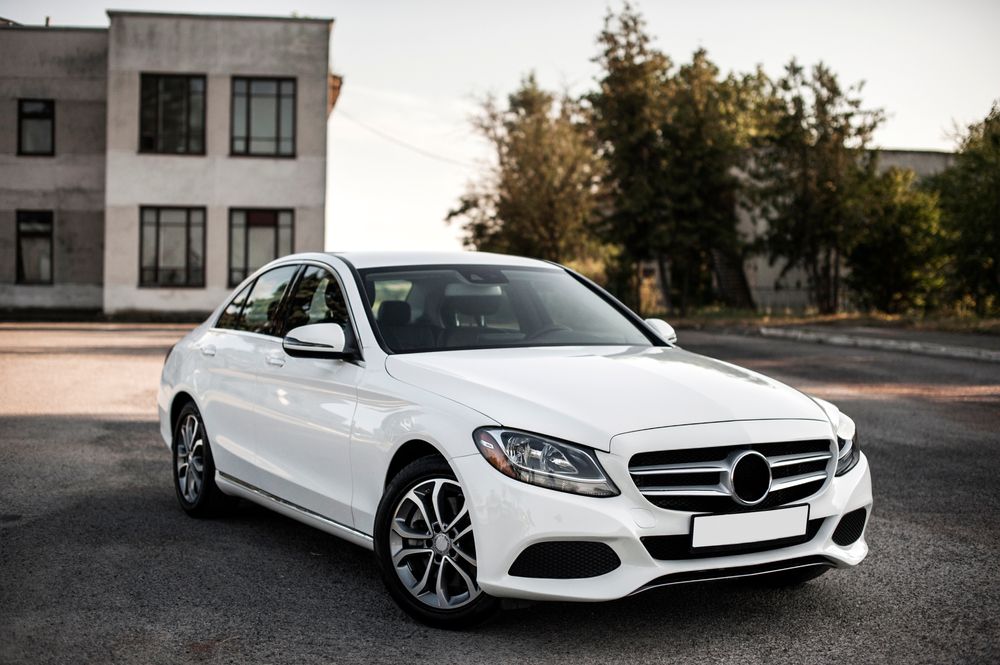
Embarking on significant financial milestones, such as buying a car or a house, requires meticulous planning and strategic budgeting. These endeavors demand a thoughtful approach that goes beyond day-to-day expenses. In this comprehensive guide, we will explore the art of budgeting for large expenses, unraveling the steps and considerations that will empower you to achieve these financial goals without jeopardizing your overall financial well-being.
Define Your Financial Goals
Before delving into the specifics of budgeting, it’s crucial to define your financial goals clearly. Whether you’re aiming to purchase a car or a house, understanding the purpose, timeline, and cost associated with these goals is paramount. Define the type of car you want or the features you desire in a home. Establish a realistic timeline for achieving these goals, considering factors such as your current financial situation, income trajectory, and market conditions. Having a clear vision sets the stage for effective budgeting.
Assess Your Current Financial Situation
Understanding where you stand financially is the cornerstone of any successful budgeting strategy. Conduct a thorough assessment of your current income, expenses, savings, and debt obligations. Take stock of your credit score, as it plays a significant role in securing favorable financing options for major purchases. This financial snapshot provides the foundation for crafting a budget that aligns with your larger financial objectives.
Create a Dedicated Savings Fund
Once you’ve defined your financial goals and assessed your current situation, establish a dedicated savings fund for your major expense. Whether it’s a car or a house, having a separate account earmarked for this purpose helps you track progress and ensures that the money allocated for these goals is not commingled with your regular spending funds. Consider setting up automatic transfers to this savings fund each month to maintain consistency and discipline in your savings efforts.
Research and Estimate Costs
To create an accurate budget, you need to have a realistic estimate of the costs associated with your major expense. Research the market, visit dealerships or explore real estate listings to understand the price range for the car or house you desire. Factor in additional costs such as taxes, insurance, maintenance, and potential renovations for a house. Having a comprehensive understanding of the financial outlay enables you to set a more precise savings goal and allocate funds accordingly.
Prioritize and Plan for Down Payments
For both cars and houses, down payments are a critical component of the purchase process. Assess the typical down payment requirements for the type of purchase you’re considering and plan accordingly. Prioritize saving for the down payment, as a larger upfront payment can lead to more favorable financing terms and reduced monthly obligations. Incorporate the down payment into your budget and create a timeline for achieving this milestone.
Evaluate Financing Options
Understanding your financing options is crucial when budgeting for major expenses. For cars, consider whether leasing or financing is more suitable for your situation. Investigate loan terms, interest rates, and monthly payment options. Similarly, for a house, explore mortgage options, including fixed-rate and adjustable-rate mortgages. A careful evaluation of financing options allows you to incorporate these future payments into your budget and assess their impact on your overall financial picture.
Trim Unnecessary Expenses
As you work towards your major financial goals, scrutinize your current spending habits and identify areas where you can cut back. Trimming unnecessary expenses frees up additional funds that can be redirected towards your savings goals. Evaluate subscription services, dining out habits, and discretionary spending to identify potential areas for cost reduction. This exercise not only accelerates your savings but also instills financial discipline that will serve you well in the long run.
Anticipate Future Costs and Plan for Contingencies
Large expenses like buying a car or a house come with additional costs beyond the purchase price. Anticipate future costs associated with ownership, such as maintenance, insurance, property taxes, and potential renovations. Additionally, plan for contingencies by building a buffer into your budget. Unforeseen expenses can arise during the purchase process or after acquiring the asset, and having a financial cushion safeguards your overall financial stability.
Monitor and Adjust Your Budget Regularly
Budgeting for major expenses is not a set-it-and-forget-it endeavor. Regularly monitor your budget, track your progress towards savings goals, and make adjustments as needed. Life circumstances and financial priorities may evolve, requiring you to recalibrate your budget accordingly. Regular reviews allow you to stay flexible and responsive to changes in your financial landscape, ensuring that your budget remains a dynamic and effective tool.
Budgeting for major expenses like buying a car or a house is a strategic endeavor that demands a blend of foresight, discipline, and financial acumen. By defining clear goals, assessing your financial situation, creating dedicated savings funds, researching costs, prioritizing down payments, evaluating financing options, trimming unnecessary expenses, anticipating future costs, and regularly monitoring your budget, you can navigate these financial milestones with confidence and control.
Remember, the journey towards major financial goals is a marathon, not a sprint. Embrace the process, celebrate milestones along the way, and stay committed to the disciplined approach that budgeting requires. As you achieve these significant financial milestones, not only will you acquire valuable assets, but you will also cultivate financial habits and skills that contribute to a secure and prosperous financial future.
